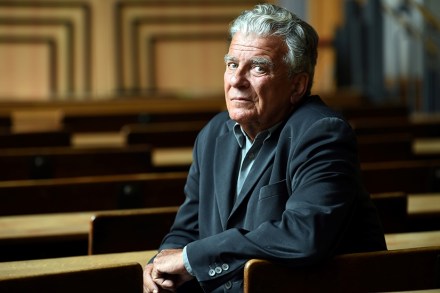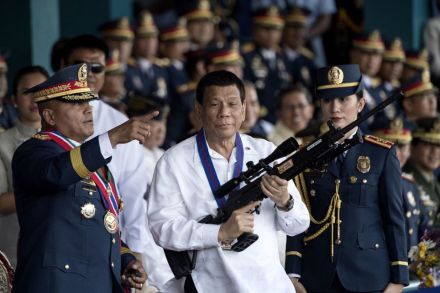#MeTooInceste: has France’s code of silence finally been broken?
Montpellier Accusations of child abuse against Olivier Duhamel, now 70, ex-vice-president of Sciences Po university and of the secretive Siècle (Century) club of Parisian movers and shakers, have cast a dark shadow on the legacy of the soixante-huitards, the baby boomers who occupied the Sorbonne in 1968 and went on to rule (and ruin) France. Duhamel’s disgrace is long delayed. Only now has his stepdaughter, Camille Kouchner, published a book accusing him of sexually abusing her twin brother 30 years ago — and doing so within a culture in which his fashionable friends knew about the abuse but kept quiet. It’s an accusation Duhamel characterises as a ‘personal attack’ but





















